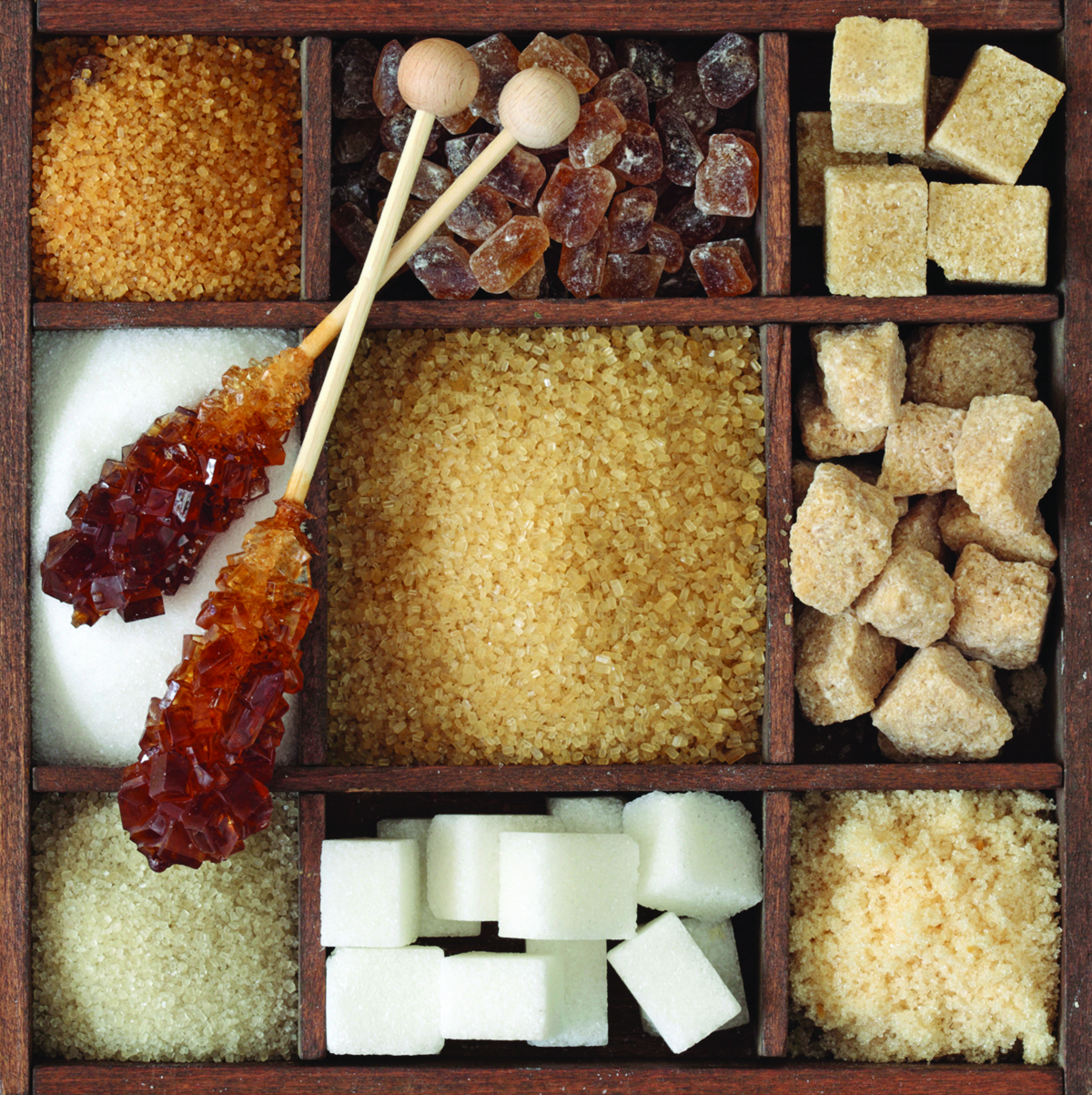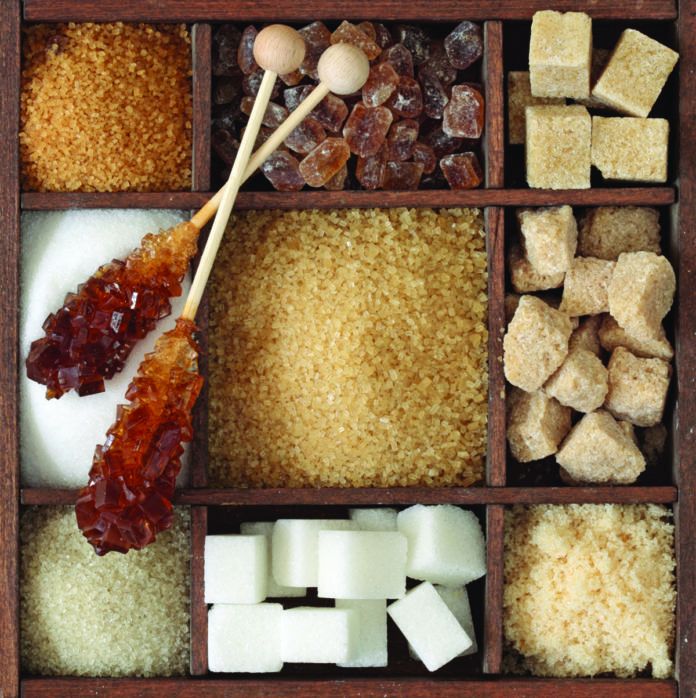Consuming too many carbohydrates could be bad for your brain, according to recent research linking high carbohydrate intake to greater risk of mild cognitive impairment. Diets heavy in sugar and complex carbohydrates, such as processed grains, could particularly contribute to risk by affecting the bodys glucose and insulin metabolism.

“Cognitive deficits have been observed in older people with impaired glucose tolerance, and insulin insensitivity and diabetes are risk factors for cognitive decline and dementia,” says Tammy Scott, PhD, a scientist at Tufts HNRCA Nutrition and Neurocognition Laboratory.”Were not certain about the mechanisms, but possibilities include increased oxidative stress and impaired transport of glucose to the brain.”
Researchers at the Mayo Clinic, publishing their findings in the Journal of Alzheimers Disease, reported that people 70 and older who ate the most carbohydrates in relation to protein and fat were at nearly four times the risk of developing mild cognitive impairment. Risk also rose with a diet heavy in sugar. On the other hand, study participants who consumed more protein and fat relative to carbohydrates were less likely to become cognitively impaired.
The research highlights the importance of a well-rounded diet, says lead author Rosebud Roberts, MB, ChB. “We think its important that you eat a healthy balance of protein, carbohydrates and fat,” Roberts adds, “because each of these nutrients has an important role in the body.”
COMPARING CARBS AND COGNITION: Researchers tracked 1,230 people ages 70 to 89 who provided information on what they ate during the previous year. At that time, their cognitive function was evaluated by an expert panel of physicians, nurses and neuropsychologists. Of that initial pool of participants, only the 940 who showed no signs of cognitive impairment were asked to return for follow-up evaluations of their cognitive function.
About four years later, 200 of those 940 were beginning to show mild cognitive impairment-problems with memory, language, thinking and judgment that are greater than normal age-related changes. Not everyone with mild cognitive impairment goes on to develop Alzheimers disease or other dementias, but many do. “If we can stop people from developing mild cognitive impairment,” Roberts notes, “we hope we can stop people from developing dementia.”
Participants who reported the highest carbohydrate intake at the beginning of the study were 1.9 times likelier to develop mild cognitive impairment than those with the lowest intake of carbohydrates. Participants with the highest sugar intake were 1.5 times likelier to develop mild cognitive impairment than those with the lowest levels.
But those whose diets were highest in fat-compared to the lowest-were 42% less likely to suffer cognitive impairment. Similarly, participants who had the highest intake of protein had a relative reduced risk of 21%.
When total fat and protein intake were taken factored in, people with the highest carbohydrate intake were 3.6 times likelier to develop mild cognitive impairment over the four-year span. The study was funded by the National Institute on Aging.
BE CHOOSY ABOUT CARBS: Why might carbohydrate consumption contribute to cognitive decline? “A high carbohydrate intake could be bad for you because carbohydrates impact your glucose and insulin metabolism,” Roberts says. “Sugar fuels the brain-so moderate intake is good. However, high levels of sugar may actually prevent the brain from using the sugar, similar to what we see with type 2 diabetes.”
The study didnt break out carbohydrate consumption by type, other than sugar. Its thought, however, that complex carbohydrates that are low in fiber, such as pasta, white bread and other refined-grain products, cause spikes in blood sugar because the body quickly converts them into glucose.
Whole grains such as whole wheat, brown rice, oats and barley retain the fiber and nutrients of the grains bran and germ, which are lost in processing. Because these carbohydrates are digested more slowly, they have a less dramatic effect on blood sugar-and thus may be better for the brain. Beans and vegetables are other carbohydrates that have more modest impacts on blood sugar.
























